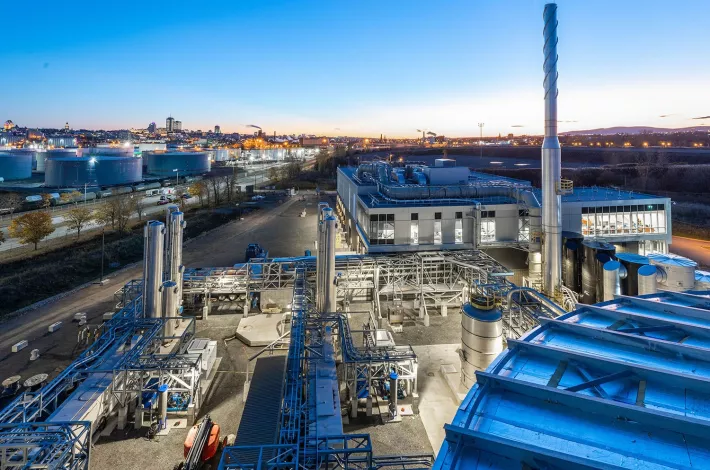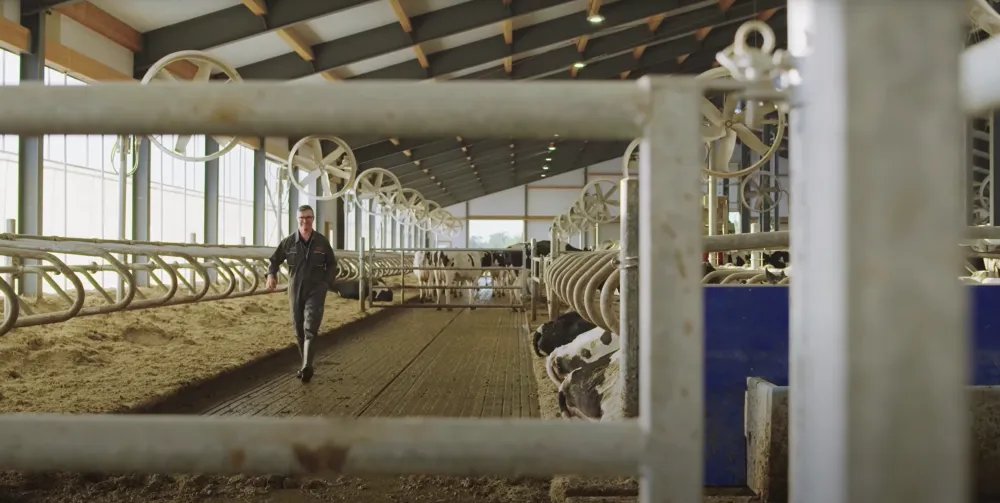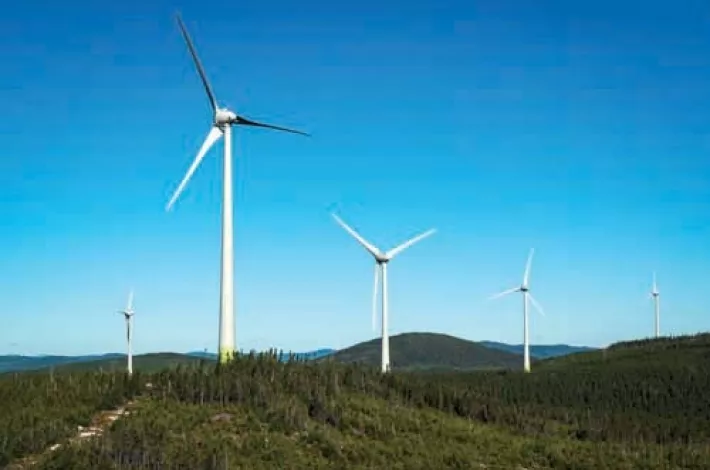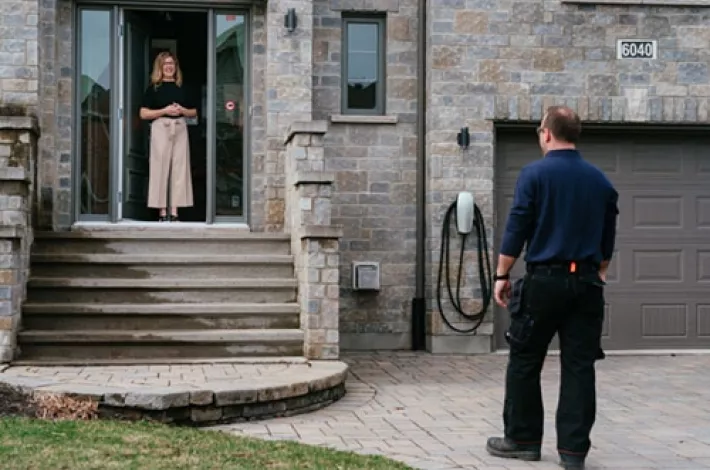
Energy, Sustainable development
Énergir and Quebec City, united for waste recovery
Coop Agri-Énergie Warwick is a pioneer in the recovery of agricultural organic waste. Created in 2019, this group of agricultural producers in the Arthabaska RCM, in the Centre-du-Québec region, is the first cooperative of its kind dedicated to the production of renewable energy in Québec.
To carry out its project, Coop Agri-Énergie Warwick worked closely with Coop Carbone, a non-profit solidarity cooperative whose mission is to fight climate change by reducing greenhouse gas (GHG) emissions. Coop Carbone designed, built, and manages the biomethanation centre where organic matter from Coop Agri-Énergie Warwick operations is transformed into renewable natural gas (RNG).
“Slurry and manure from producers are harvested on the farm and transported to the biomethanation site. They are mixed with other organic matter and then placed in a biodigester, which produces biogas. The biogas is then purified, transformed into RNG, and injected into Énergir’s gas network,” explains Josée Chicoine, co-general manager of Coop Agri-Énergie Warwick. This process also produces digestate, a by-product of biomethanation, which is returned to producers as a natural fertilizer.
Operational since June 2021, the biomethanation centre produces 2.3 million cubic metres of RNG per year, the equivalent of the energy needed to heat 1,000 homes, and avoids the release of 6,500 tonnes of GHGs. “With this initiative, agricultural producers become producers of renewable energy and benefit from an additional source of income—it’s a great circular economy model that’s a win-win situation for everyone,” points out Josée Chicoine.
The circular economy aims to optimize the use of resources at all stages of the life cycle of a good or service, in a circular logic, while reducing the carbon footprint and contributing to the well-being of individuals and communities (source : Pôle québécois de concertation sur l’économie circulaire).
Today, the members of Coop Agri-Énergie Warwick and Coop Carbone hope to see other agricultural producers replicate this economically, ecologically, and socially promising model. “The farm of tomorrow must be environmentally responsible—it’s critical,” says Urs Studhalter, co-owner of Irma Farm and founding member of Co-op Agri-Énergie Warwick. “Sustainable development is part of the values of the Coop, our company, and our family. By taking small steps for the environment, we can make a big difference.”

Energy, Sustainable development
Énergir and Quebec City, united for waste recovery
Energy, Sustainable development
Énergir and Boralex join forces to produce wind energy
Energy, Sustainable development
Énergir and Hydro-Québec join forces for a more sustainable future